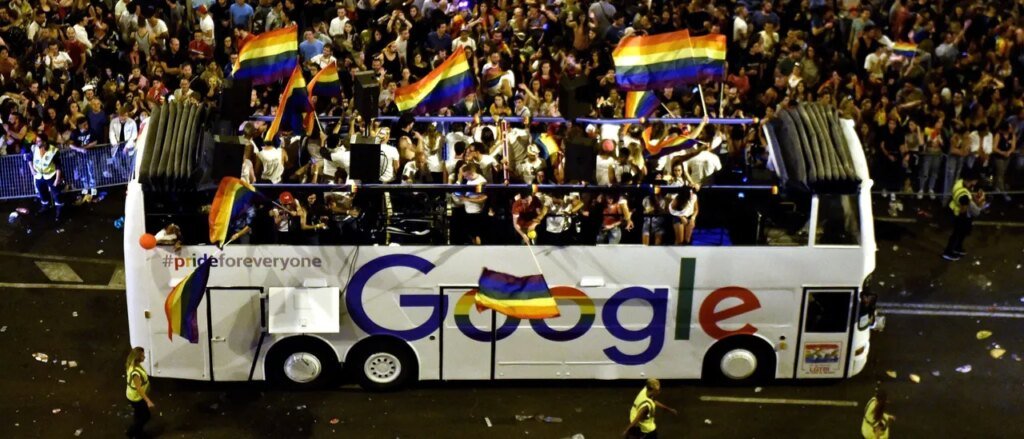Google’s Actions Raise Concerns Ahead of Midterm Elections
As the midterm elections approach, Google is ramping up its efforts to control narratives and censor conservative viewpoints.
The tech giant has previously faced accusations of skewing search results to undermine conservative media. Back in 2018, the Daily Caller News Foundation highlighted Google’s biased fact-checking approach, which predominantly targeted right-leaning sites. A specific “fact check” curated by Google that claimed to be from the Washington Post misquoted a piece from the Daily Caller, misrepresenting content that wasn’t actually in the article. Google at that time defended its algorithms but was evasive about whether the bias stemmed from the algorithms themselves or the company’s liberal slant.
In the wake of criticism, Google suspended that program and commended the Daily Caller for its scrutiny.
Yet, it seems the tech giant is once again subtly manipulating search results, almost a year after the significant midterm elections of 2026.
Liberal Influence in AI
Recently, Google introduced summaries generated by its AI platform, Google Gemini, at the top of search results. This platform appears to rely heavily on liberal news sources, including Wikipedia, Reddit, and other left-leaning entities. The ramifications? Users often find themselves bombarded with biased results from Gemini, which can stifle their desire to seek out diverse viewpoints.
A study from the Pew Research Center revealed that when users encounter an AI-generated summary, they are less likely to click on external links, often choosing to end their browsing sessions rather than pursue traditional search results. The engagement with links within the AI summary is also alarmingly low, occurring in just 1% of visits that feature such summaries.
Many liberal outlets have secured deals with tech companies like OpenAI and Google to train AI models, while, according to the Media Research Center, there’s minimal engagement from right-leaning sources like Fox News and The New York Post.
Concerns over Google’s partnerships with the Associated Press further suggest a potential leftward bias in its AI models, raising questions of antitrust issues.
“Preferred Source” Feature
In August, Google introduced a new feature allowing users to select their favorite news sources. The promise was that these sources would populate the “Top Stories” page more frequently. However, tests conducted by the Media Research Center indicated that this feature still reflects a left-leaning inclination. The organization’s preferences for outlets like Fox News often yielded results dominated by liberal sources, despite their settings.
In instances where multiple outlets reported on significant events, prominently only one side’s coverage was present, effectively sidelining others. A second test by MRC employing keywords related to current affairs still saw a preference for liberal coverage, significantly overshadowing conservative outlets.
Expanding Age Verification
Amid these controversies, Google is also expanding age verification measures for its search engines, following its longstanding requirements on YouTube. This shift has raised concerns about privacy and the transparency of its algorithms.
By implementing age verification on a platform traditionally open to all users, there are worries that it may shift Google from being a widely accessible tool into a more restrictive environment, further complicating the digital landscape.







